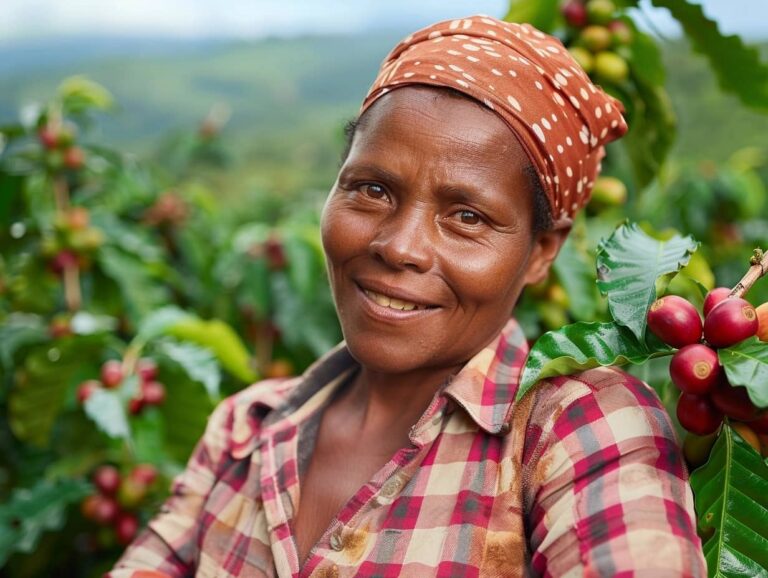Gender Equity in Coffee
International Women’s Day is a moment to highlight the significant contributions of women in the coffee industry and push for gender equality throughout the supply chain.
Despite women performing 70% of the labor on coffee farms globally, they own only 15% of the land and traded beans, as they face economic and cultural barriers that limit their access to resources like funding and healthcare.
Economic Benefits of Gender Equity
Empowering women in the coffee sector not only addresses ethical concerns but also presents a substantial business opportunity.
Research indicates that closing the gender gap in agriculture could increase farm yields by 20-30%, potentially reducing global hunger by 12-17%.
Empowered women contribute to healthier families, more resilient communities, and higher quality coffee crops.
Recommendations for Action
The Coffee Quality Institute (CQI) has outlined several strategies to promote gender equity in its report, “The Way Forward”:
- Increase Participation in Training: Ensure training programs are inclusive and sensitive to gender needs.
- Invest in Time-Saving Programs: Reduce the time pressures on women to allow them to engage more fully in economic activities.
- Improve Access to Credit and Assets: Facilitate women’s access to financial resources and ownership of assets.
- Support Joint Decision-Making: Encourage shared decision-making and ownership of income and resources at the household level.
- Promote Gender Balance in Leadership: Strive for greater representation of women in leadership roles within the industry.
- Market Women-Produced Coffee: Specifically source and promote coffee from women producers and those adhering to gender equity principles.
- Develop Gender Equity Principles: Establish a set of principles to unify and drive the industry towards gender equity.
- Continue Research and Measurement: Build a deeper understanding of gender issues through ongoing research and data collection.
Continuing the Conversation
Achieving gender equity in the coffee industry requires continuous effort and collaboration. Industry stakeholders are encouraged to engage in initiatives that support women, such as attending events like the IWCA Luncheon fundraiser, to further the progress of this critical cause.
This is a summary of a 2017 article from the NCA




